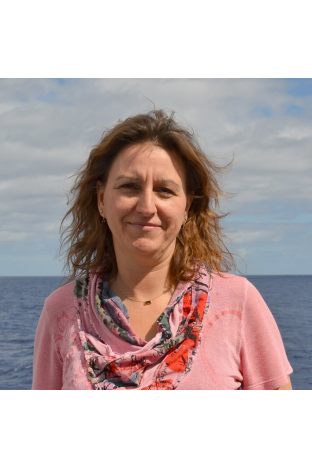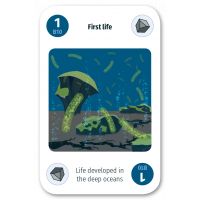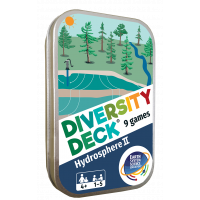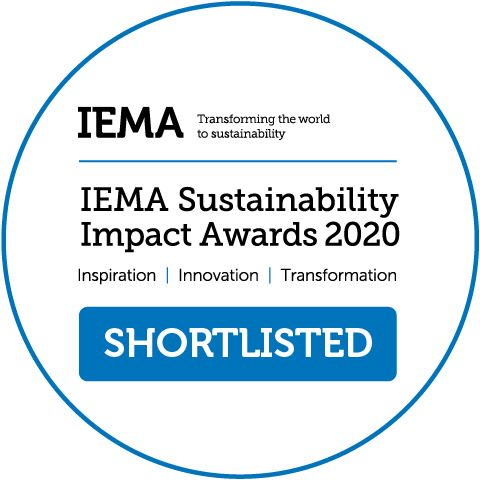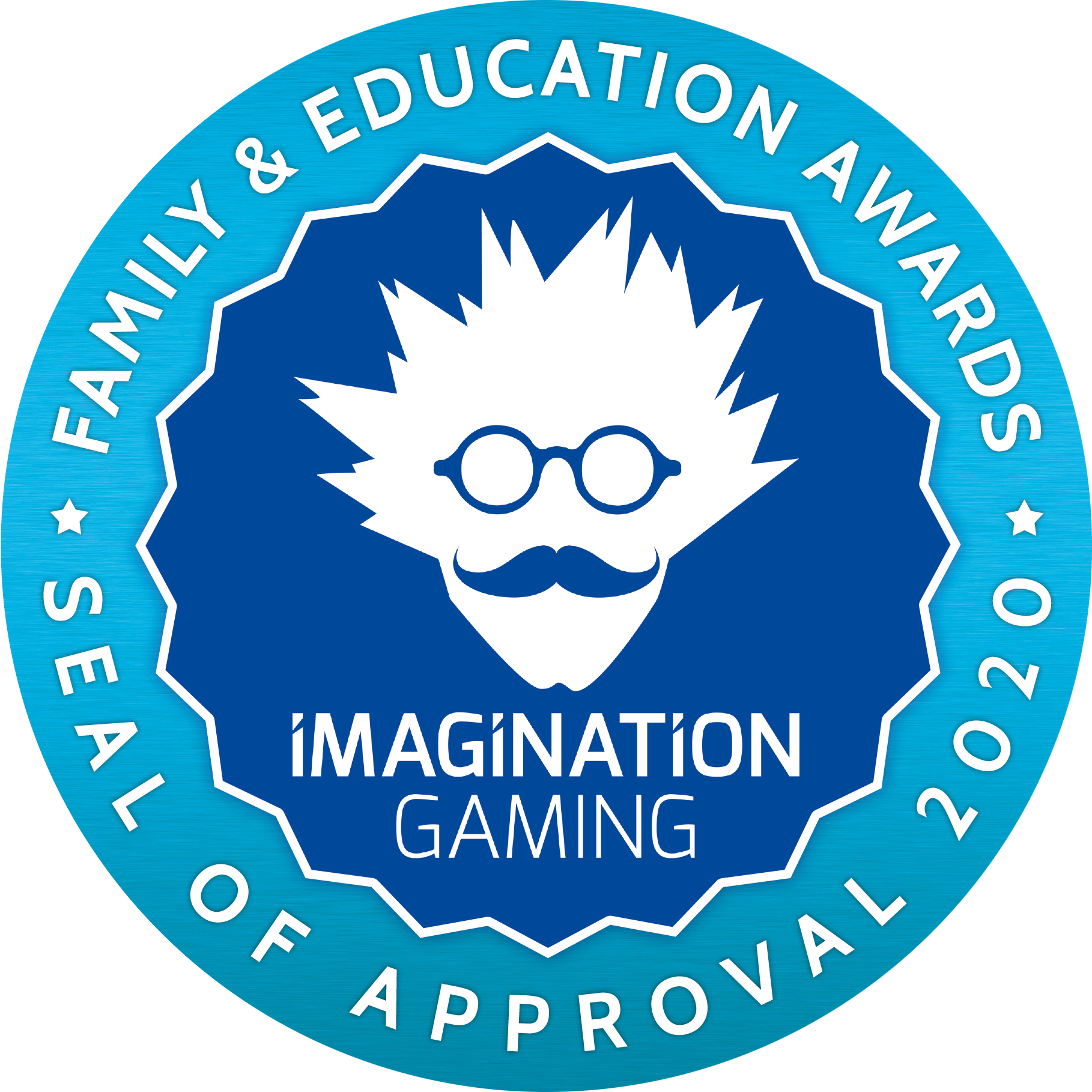We called on scientists and researchers from different backgrounds to validate our scientific approach for our card games, our online content and on-site activities with children.
We also asked them to tell us about their motivations and professional routines so children can familiarise themselves with scientific careers.
Marie-Anne Cambon Bonavita is a specialist in Marine Biology. She is our ambassador for the Hydrosphere.
Who am I?
I am a marine microbiologist specialising in deep ocean environments. I work as a researcher at IFREMER – the French Research Institute for marine exploitation.
My project focuses on the study of microorganisms and animals’ relationships in deep marine ecosystems, especially at hydrothermal sources’ level, which are deep hydrothermal vents, a bit like inhabited submarine volcanoes.
Challenges that I face
The biggest difficulty is the accessibility of deep marine ecosystems. We have to use ships called The Atalante and the Pourquoi pas? together with a remote controlled vehicule called ROV Victor 6000 or with a submarine called Le Nautile.
For this, I spend lots of time organising funding campaigns so my team can explore the Atlantic Ocean during missions lasting up to 45 days.
During these missions, we make measurements of chemistry and temperature, we record videos and take photographs, we take samples of rocks and fluids for laboratory study.
The aim is to describe and understand the functioning of the deep marine ecosystems without light and under extreme pressure.

What I enjoy about my job
One of the most exciting part of my job is when I dive in the submarine: discovering hydrothermal sources, looking at their beautiful colours, observing these large buildings of multicoloured rocks with life all around (shrimps, crabs, fish, mussels and more) is extraordinary.
It is such an amazing privilege to be there by 3600 meters deep!
At the same time, I feel very small and I am always very impressed by the strength and beauty of nature.
What qualities do you need for this field of work?
Curiosity! We have to love observing and be inquisitive.Determination! We have to be opinionated and a little stubborn. Scientific research, as exciting as it is, can be difficult and sometimes disappointing. We have failures and it often takes a long time before obtaining results we can publish.Passion! We never really stop thinking and searching. Our brain works day and night!Organisation! You must not get lost on the way…
Educational requirements for Marine Biology
At school, I studied natural sciences, mathematics and physics.
At university, I studied microbiology and geology.
I am interested in multidisciplinary deep-sea studies about the interactions between fauna, microbial communities and their mineral environment, as well as the technological developments required for these studies.
What do I do exactly?
I go on ocean expedition once a year.
Otherwise, my work consists in drafting requests for funding campaigns and projects, writing reports and articles with my students and collaborators for scientific journals and universities.
I also run my research team at IFREMER.
Which of the UN Sustainable Development Goals do I support?
We must eradicate poverty and hunger.
I campaign for education for all and gender equality. Allowing women to access education everywhere in the world and enabling them to embrace scientific careers.



